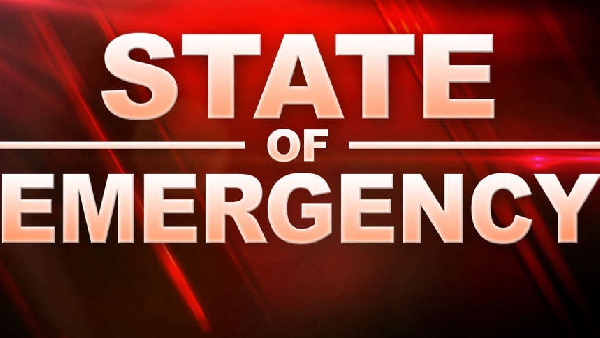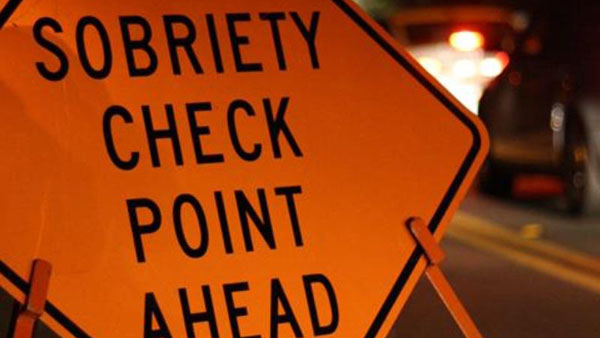Waiver From US Dept of Education

(FRANKFORT, KY) – In preparation for the upcoming School Report Card data release, Kentucky Department of Education (KDE) officials met with the School Curriculum Assessment and Accountability Council (SCAAC) to discuss the spring 2021 Kentucky Summative Assessment (KSA).
Through a waiver from the U.S. Department of Education, KDE’s spring 2021 testing plan included flexible test windows, a reduction in the time for assessment administration, where possible, and the opportunity to bring in small groups of full-time virtual students for an in-person assessment.
The state offered seven total ACT administrations, as well as a shortened state assessment that was based on previously administered test items. The shortened assessment took approximately 60 minutes to complete and still measured the KAS, explained Jennifer Stafford, director of KDE’s Division of Assessment and Accountability Support.
“Shortened form and less time was very much appreciated by staff and students,” said Teresa Nicholas, a SCAAC member and Pulaski County’s director of curriculum, instruction, assessment and technology.
Not only was the KSA scaled down, but it also was offered online for the first time. Prior to the COVID-19 pandemic, KDE conducted successful online field tests that assessed content area standards. Grades 3-8 and grade 10 tested in both reading and mathematics. Grades 5, 8 and 11 were field-tested in editing and mechanics, and on-demand writing.
The department will release school Report Card data publicly on Sept. 29. The information will include both participation and performance results from the 2021 assessments.
Due to the COVID-19 pandemic, students faced learning disruptions, changes in the opportunities to learn, lower participation rates and a shortened assessment in 2021. Because of these challenges, direct comparisons of assessment data from prior years should not be made, Stafford advised.
“Our schools and districts made an extraordinary effort just to get students tested,” she said.
Other items that will be in the publicly reported data include graduation rate and results of the first Quality of School Climate and Safety survey for students.
Online Assessments
Helen Jones, program manager in KDE’s Division of Assessment and Accountability Support, gave SCAAC members the opportunity to provide feedback on the transition from paper to online state assessments that occurred during the previous school year.
Jones said with online testing, students could start and complete many assessments in a single day. On May 11 alone, nearly 180,000 assessments were started statewide, with over 1 million online KSA assessments completed during the spring of 2021.
“It actually went well for us,” Nicholas said about Pulaski County’s transition to online testing. “Because of the pandemic, we became a 1:1 district, so we had a Chromebook for every student. … Because we were 1:1, it actually went very smoothly. We did not encounter any major issues with testing.”
SCAAC Chair Scott Bruins, a social studies teacher at Great Crossing High School (Scott County), said his district was not 1:1 and that led to some constraints, though overall, online testing was not an issue.
“We just had to be a little bit strategic in how we scheduled everybody and how we balanced it with daily instruction,” he said.
Advancing Education Project
At their last meeting in July, SCAAC members were briefed on the department’s ongoing Advancing Equity Project. During Tuesday’s meeting, KDE Chief Performance Officer Karen Dodd summarized where the project stands.
The Kentucky Coalition for Advancing Education recently worked to develop a report on the future state of education based on the feedback received from the Keep, Stop, Start survey, Commissioner of Education Jason E. Glass’ virtual listening tour and a series of empathy interviews, all of which took place earlier this year. The coalition’s report will be released at the Kentucky Education Summit, scheduled for Nov. 1-2 in Louisville.
The Kentucky Education Summit will include a session on student mental health from Lt. Gov. Jacqueline Coleman and KDE’s Commissioner’s Student Advisory Council, with data being compiled from ongoing student-led mental health forums.
The forums are a partnership between KDE; the Commissioner’s Student Advisory Council; Kentucky Educational Cooperatives; the Kentucky Education and Workforce Development Cabinet; and the Kentucky Cabinet for Health and Family Services’ Division of Family Resource and Youth Services Centers and Department for Behavioral Health, Development and Intellectual Disabilities.
The forums – being held in each of the eight different educational cooperative regions – include closed-session and peer-facilitated roundtables, where attendees can confidentially share stories about what challenges they are experiencing, resources that are needed and provide recommendations.
Registration for the Kentucky Education Summit is free and open through Oct. 29. KDE will require individuals attending the summit to present their original COVID-19 vaccination card or show proof of a negative COVID-19 test result taken within 48 hours before Nov. 1.
In other business, the SCAAC:
- Re-elected Bruins and Casey Gesenhues, a 1st-grade teacher at Samuel Woodfill Elementary School (Fort Thomas Independent), as the council’s chair and vice-chair;
- Heard an update on the status of KDE’s equity initiatives from Thomas Woods-Tucker, KDE deputy commissioner and chief equity officer; and
- Discussed the implications of Senate Bill 1 – which was passed during the Kentucky General Assembly’s recent special session – with Glass. Last week, Chuck Truesdell, KDE’s director of government relations, provided an overview of the bill, and on Sept. 20, KDE released guidance on the legislation.
The SCAAC will meet again on Nov. 16.

 Kentucky's Governor Declares State of Emergency Ahead of 4-Day Severe Weather Event With Possible Tornadoes
Kentucky's Governor Declares State of Emergency Ahead of 4-Day Severe Weather Event With Possible Tornadoes
 Indiana Attorney General combats contraband cell phones in prisons
Indiana Attorney General combats contraband cell phones in prisons
 Kentucky State Police Traffic Safety Checkpoint
Kentucky State Police Traffic Safety Checkpoint




